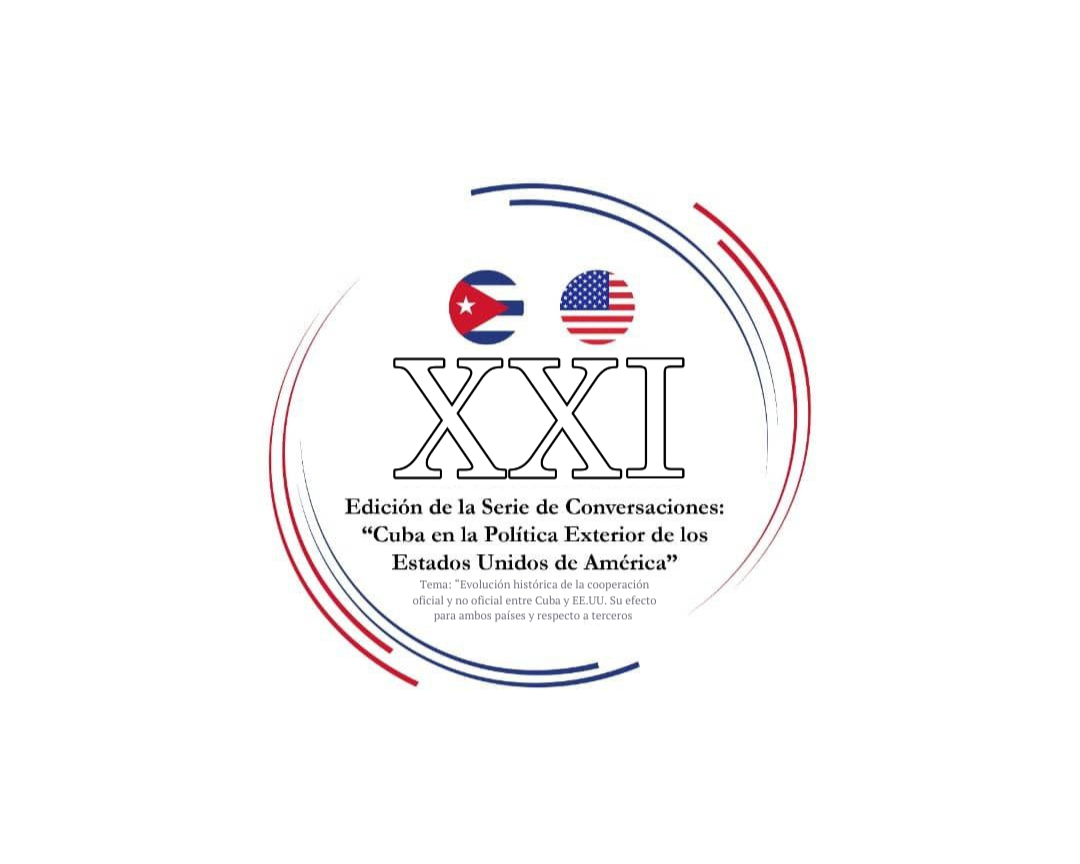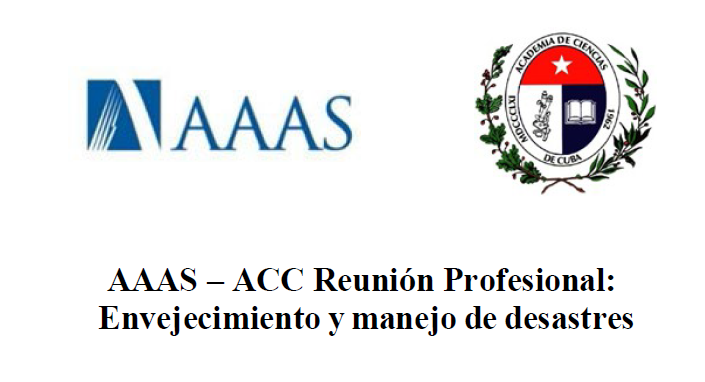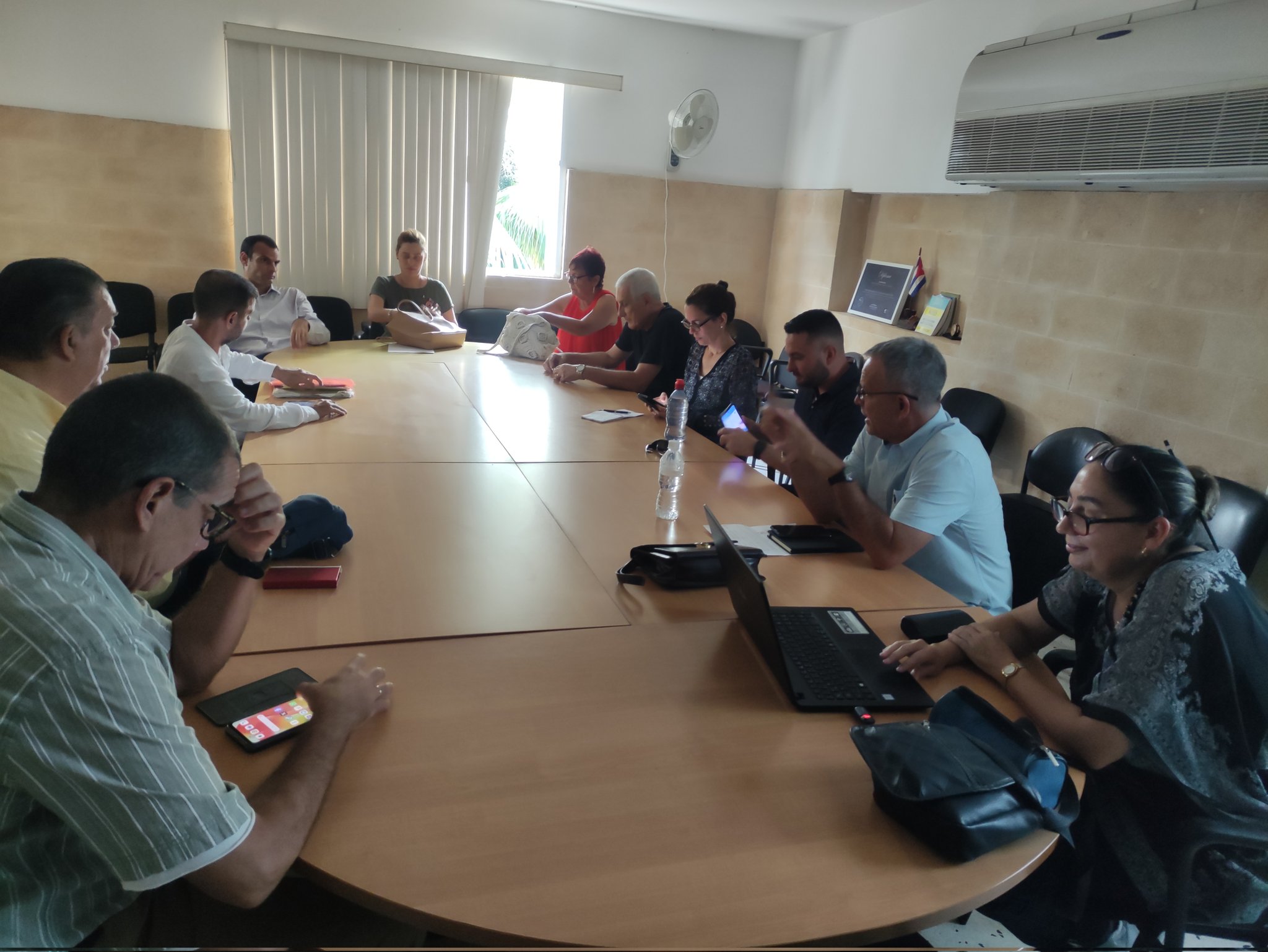Statement by William A. Messina, Jr. to be made at the XXI Edition of the Conversation Series «Cuba in the Foreign Policy of the United States of America»

Statement by William A. Messina, Jr.
University of Florida, Institute of Food and Agricultural Science (UF/IFAS)
Department of Food and Resource Economics
Gainesville, Florida
To be made at the XXI Edition of the Conversation Series
«Cuba in the Foreign Policy of the United States of America»
December, 2023
I am extremely honored to have been invited to once again participate in the CPIP/ISRI XXI Edition of the Conversation Series «Cuba in the Foreign Policy of the United States of America.» The presentations, discussions and interactions, and the new contacts I was able to make at previous meetings have been very valuable.
However, I am very sorry that I will not be able to attend or participate in this year’s meeting. Several years ago, the government of the State of Florida passed a law that prohibits faculty and researchers from State Universities, like the University of Florida, from traveling to, conducting research in, or collaborating with colleagues from countries with Communist governments. It is worth noting that this legislation was NOT in any way related to our collaborative research work in and with Cuba. Rather, it was driven by the actions of several University of Florida engineering professors who violated University policy in their research collaborations with China. Nevertheless, as a result, elected officials in Florida reacted with an overly broad law that constrains our ability to continue our outstanding collaborative research work with Cuban colleagues. It was not possible for me to obtain special authorization to attend and participate in this meeting and because of this I am greatly disappointed.
Next month, January of 2024, will mark the 30th anniversary of my first trip to Cuba with my colleague and friend, University of Florida Cuban-American Professor José “Pepin” Alvarez. During that trip we met for the first time with a team of University of Havana economists including Lazaro Peña Castellanos, Antonio Romero Gómez, Armando Nova Gonzalez, Anicia Garcia Alvarez, and others, and together we developed a framework for non-political, joint research, funded by the John D. and Catherine T. MacArthur Foundation, under the overall theme of identifying the Challenges and Opportunities for Cuba, Florida and U.S. Agriculture from a Lifting of the U.S. Embargo of Cuba.
Over time, the research topics which we have jointly explored with our outstanding Cuban colleagues have expanded to cover other issues related to agriculture and natural resource issues in the ecosystem that Cuba and Florida share. But they have always been focused on the non-political sharing of data and information in the interest of promoting a better understanding of our respective agricultural sectors and related environmental issues.
Having been involved in this collaborative research work for nearly half of my life and well over half of my professional career has clearly been one of the most fascinating and rewarding things that I have ever done. Sadly, both Pepin Alvarez and Armando Nova have passed away – painful losses of good friends and respected researchers. But that is the sort of thing that happens when research collaborations continue over many years.
Despite current constraints, I try to maintain an optimistic perspective as I recall that, over the last 30 years, there have been numerous political developments in both of our countries that have hampered our ability to conduct our collaborations. In every instance, however, over time situations gradually changed which allowed us to continue our joint research work. So, I am hopeful that this will once again be the case so that we can continue our collaboration into the future.
In the meantime, I once again offer my regrets that I cannot be with you for these meetings, and I send my warm regards to our Cuban research colleagues, friends and contacts.
Please know that I remain committed to the exchange and sharing of information and insights on the agriculture and natural resource sectors in Cuba and Florida, even if informally. Such exchanges are valuable as they help all of us to be better informed and, hopefully, our work may one day help our policy makers to make well-informed decisions.
Warmest greetings,
Bill



Déjanos tu comentario